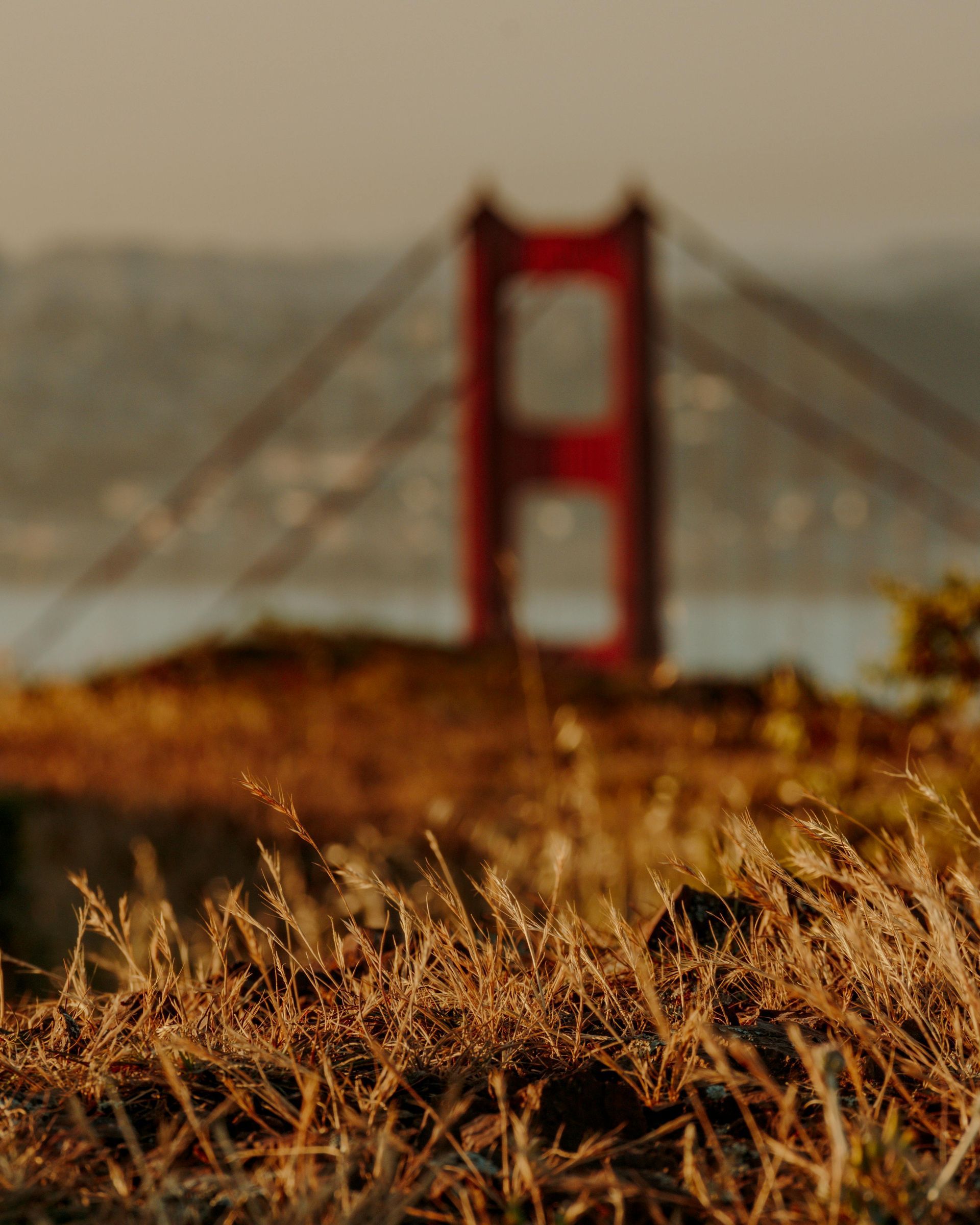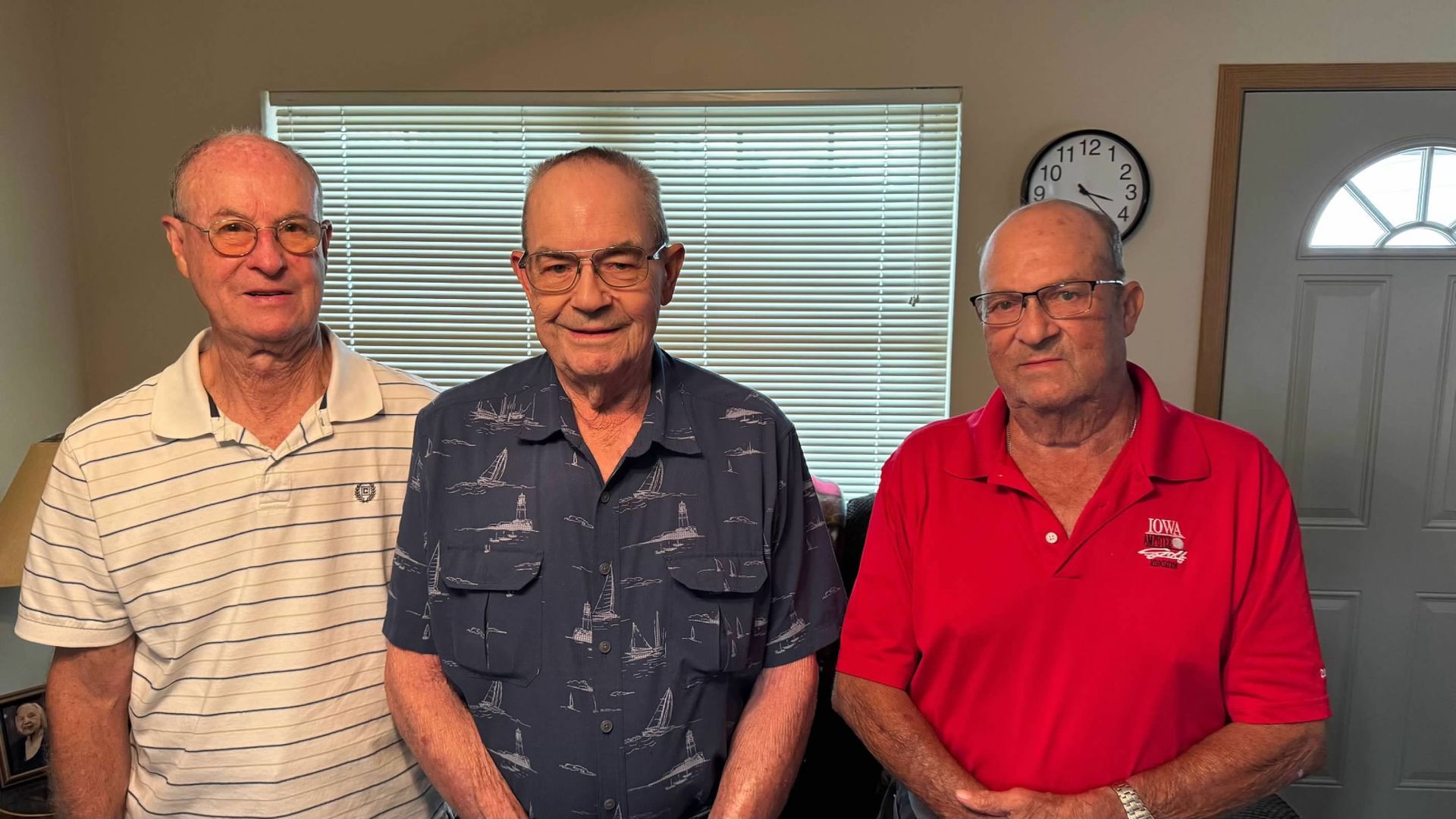Compassion Awakened by Tornadoes
Midwesterners are aware of the devastating potential of tornadoes, but we don’t live our lives with one eye on the sky. In fact, we don’t worry too much at all about them, even when the weather is favorable for their appearance. When they happen, however, they remind us of our vulnerability. My recent experience also reminded me of the importance of compassion.
The forecast three Fridays ago told us that tornadoes could emerge from the strong storms forecast to begin in my area in the mid- to late-afternoon. That’s not uncommon around here for this time of year, so I made a mental note of the threat and went on with my day. I was working from my home office when the first alert appeared on my phone at about 3 pm. I could see clouds to the south and west, but nothing appeared ominous. Then, the siren sounded.
We hear sirens two or three times every year. Usually, that means that a tornado warning has been issued for the county, but it doesn’t always mean that there is a storm in our part of the county. Normally, I explain that to my wife, while she argues with me to hide in the basement. Lynda was at work 30 miles away, so I didn’t have that argument. Instead, I turned on the television and saw that the storm could possibly be headed in my direction, though there hadn’t been a visual confirmation of a tornado. Ironically, the sirens then stopped, so I went out on my patio to get a closer look at the clouds. The clouds didn’t look any worse than they had a few minutes earlier. In fact, I saw golfers on the tee box, continuing their rounds.
When the sirens sounded a second time, just a few minutes later, I decided to pay closer attention to the television. I was steps away from the safe room in my basement, and my cell phone was in my pocket, in case I needed to scurry away to safety. Instead, I saw live footage of a massive tornado on the ground about five miles to the northwest and heading away from me. Since my house and I were safe, at least for the moment, my thoughts drifted to friends and family in the path of the storm.
It's amazing how quickly the human spirit can leave self-absorption and find compassion, when a threat is removed. Minutes earlier, I was preoccupied with thoughts of what I would do if my home was severely damaged or destroyed. Now, I was thinking of others facing that same threat. That realization made me think of how many of us, myself included, live that way every day. We get so consumed with everything that’s going in our lives that we often forget to consider others. That’s not an indictment of character; it’s simply the human condition.
The challenge is to be compassionate while still attending to our needs, and it’s a challenge I face almost every time I board a flight. Moving around in the tight quarters of an airplane is difficult for me, as is getting in and out of those seats. Plus, going down the taxiway takes me longer, so I pre-board whenever possible. Typically, there are three to as many as ten of us doing the same thing – all of us hoping for an uneventful boarding and convenient seatings. As I wait with this group, I survey the competition, trying to determine who needs the front row seats more than I do. When I board, I try to leave the best seats for those who appear to need them the most. That’s obviously an inexact science, and I’ve missed before, but I try to balance compassion with my own needs.
I need to get better doing the same thing away from the airport, and my experience with the tornado reminded me of that. Apparently, a lot of people had a similar awakening, as volunteers almost overwhelmed the coordinators responding to the storm. Driven by compassion awakened by the tornadoes, strangers from all over showed up for the unpleasant work of cleaning up from a storm, and they continued for weeks afterward. While it’s affirming that compassion is so abundant within us, let’s not wait for a tornado to share it.

